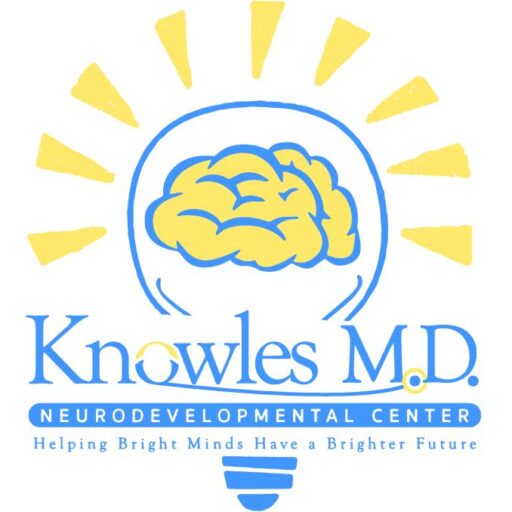Sometimes people look for treatments for attention-deficit/hyperactivity disorder (ADHD) that they hope will work together with―or even instead of―their doctor’s treatments. Doctors and others treat ADHD using methods that have been very carefully studied, tested and proven effective. These methods include medication and behavior treatment. Yet there are many other treatments for ADHD that people hear about from friends or on the Internet.
Here are a two terms you need to know to understand the treatments for ADHD discussed here:
- Alternative treatment. An alternative treatment is used instead of prescription medication and professional help with behavior problems.
- Complementary treatment. A complementary treatment is added to usual treatment with the hope of even better control of ADHD symptoms.
How do I decide if alternative or complementary treatments will or won’t help?
If you hear or read about an alternative or complementary treatment in a magazine or book or from another non-scientific source, be careful. Serious researchers judge each other’s work in scientific journals. Alternative and complementary treatments usually aren’t carefully tested or judged by a group of experts. They are also often controversial.
What questions should I ask about alternative or complementary treatments?
Asking these questions can help you evaluate a treatment you might be considering.
- Were clinical trials done to prove this treatment works? (A clinical trial is a scientific evaluation of a new treatment.)
- Can I find information about this treatment from a trusted source?
- Is there a respected national organization of people who practice this therapy?
- Does the person giving the treatment need a state license?
- Will my health insurance cover this treatment? (Insurance generally will not cover unproven treatments.)
When should I be suspicious?
When evaluating a treatment, look for these red flags that may signal that the treatment may be ineffective, not worth the money or just bad.
- When there is a claim that the treatment will work for everyone with ADHD (No one treatment works for everyone.)
- When the “proof” is only a few people saying that it works (It should be the result of careful research and many studies.)
- When the treatment does not have directions for using it properly or the contents are not listed on medication containers
- When you do not get information about side effects
- When you are not told that the word natural is not always the same as safe
- When the medicine is “a secret formula,” “astonishing,” “miraculous,” “an amazing breakthrough” or a “cure”
- When you learn about it through infomercials or a book an author is trying to sell
- When it comes by mail order instead of through a doctor
- When you are told that doctors unfairly talk down the treatment or won’t tell the public about it
Don’t believe everything you read or hear about medical advances. Ask yourself where the information came from. Good information usually comes from medical schools, the government, medical associations and national organizations such as CHADD. Anyone can say he or she is an “expert.”
Talk to your doctor.
Before choosing a complementary or alternative treatment, talk to your doctor. Keep in mind that vitamins, herbs, and other treatments can cause problems with your other medications. Discuss everything you do to treat ADHD with your doctor.


Add Comment